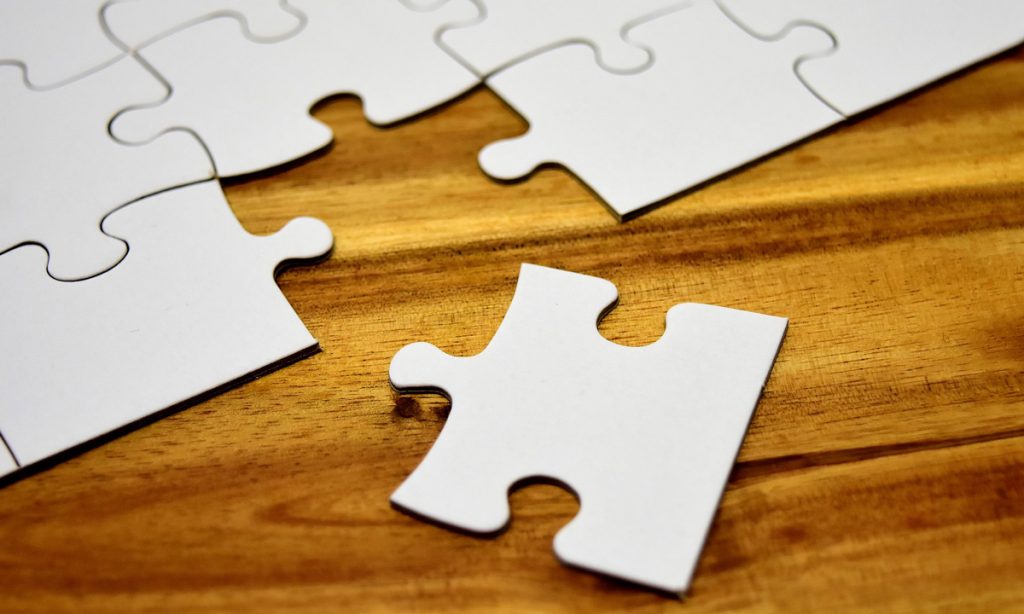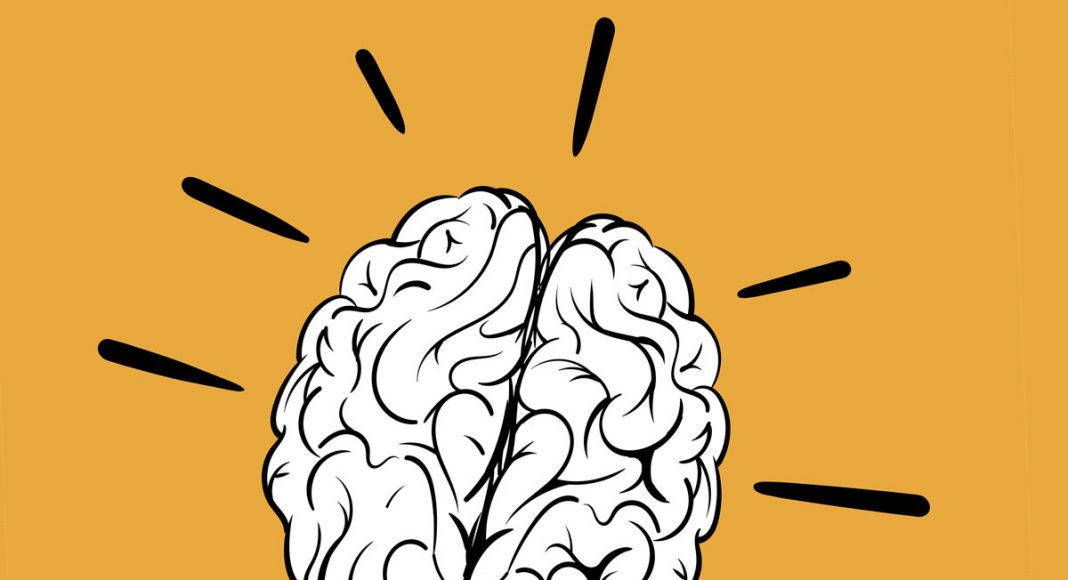In a virtual reality study, one hit of marijuana caused participants to double the number of false memories they produced.
The memory is a tricky device to trust—it’s an imperfect management tool for the recollection of our past. Research has shown that each time we recall a memory, we inadvertently change its details in our brain. What was once remembered as a cloudy day at the beach suddenly becomes a rainy morning at the lake if we’re not careful.
According to new research, marijuana users should be cautious in believing their memory is telling the truth. That’s because people are more likely to create “false memories” under the influence of cannabis. One hit of weed caused individuals to double the number of false memories they created in a virtual reality scenario, a new study found.
RELATED: How Does CBD Affect Your Memory?
“We are all prone to the formation of false memories, independent of cannabis use,” study author Johannes Ramaekers, a psychopharmacology professor at Maastricht University in the Netherlands, told CNN. “The susceptibility for false memory, however, increases with cannabis. Under cannabis, users can easily accept fake truths for true memory.”

Researchers defined a false memory as a recollection that either didn’t happen or included key differences than what actually happened. For the study, scientists presented participants with different virtual reality scenarios they were later asked to recall. These included an eyewitness scenario, where subjects saw a fight break out at a train station, and a perpetrator scenario, where participants became broke college students that needed to steal money from someone’s purse. An additional experiment asked users to remember words they’d never been given.
RELATED: Does Marijuana Actually Ruin Your Memory?
In all three scenarios, Ramaekers said, the marijuana users showed a higher susceptibility to increasing false memories. Researchers don’t have a firm answer as to why this happens. Ramaekers suspects that marijuana use activates hippocampus receptors, or where the brain stores memory, and that could produce “fragmentation of thought, loosening of associations and heightened distractibility,” he said.
When asked to remember the events a week later, researchers discovered no significant difference between marijuana users and placebo participants.
As marijuana legalization continues across the country, researchers say this knowledge could affect interpersonal dynamics at home and work. More importantly, the study’s authors emphasized false memories in criminal investigations, where bystanders intoxicated on marijuana could accidentally provide false information to police.


